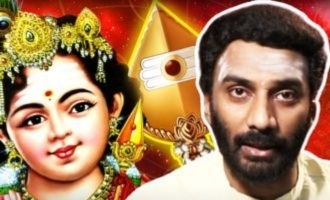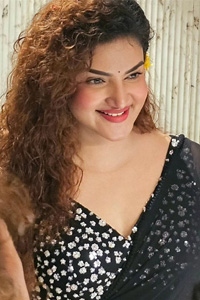Exit, the romantic lead


Send us your feedback to audioarticles@vaarta.com


Hindi filmmakers are finally ready to look at human relationships without rose-tinted glasses, with several films going beyond the man-woman theme to look at other equations.
In "My Brother Nikhil" it's the brother-sister bonding between Sanjay Suri and Juhi Chawla which forms the crux of the tale while the romantic leads (Gautam Kapoor and Dipannita Sharma) provide the fringe benefits.
In fact, veejay turned actor Purab Kohli plays the protagonist's best friend with whom Nikhil shares more than a simple heterosexual relationship.
Such convention-defying friendships go way beyond the Jai-Veeru prototype prescribed by Dharmendra and Amitabh Bachchan in "Sholay".
That a film about an HIV-infected protagonist could be made (albeit with the talented hero Sanjay Suri's money) is in itself a miracle.
But the process of demystification of human relationships has begun. Even a hardcore mainstreamer like Ravi Chopra, who lucked out with his age-old tale of ill-treated parents and their callous children in "Baghban", seems to be in a daring mood.
Chopra's next "Babul" is about a durable bonding between a widow (Rani Mukherjee) and her progressive father-in-law (Amitabh Bachchan) who fights for her remarriage.
John Abraham, who plays the new wannabe hubby in Rani's life, is delighted. "It's such a pleasure to come across such a progressive script within commercial cinema. I've done so many roles of burnt-out characters in off-mainstream films. Now I'm gonna have a ball as the audiences bawl in the theatres."
Jaya Bachchan, regarded as one of the most progressive actresses of the 1970s, has an interesting observation to make on the social relevancy of her husband's new film. "In 'Babul' you can say Amitji fights the battle he lost with me in 'Sholay'. Remember how the script shut the light on my widow's characters in 'Sholay' even as Amitji's character offered her a chance for a new life? In 'Babul' he succeeds where the father-in-law (Sanjeev Kumar) in 'Sholay' couldn't."
The rapid changes in perception of what's socially acceptable is reflected in the changing profile of the lead pair.
After a 'guru-shishya' taking the lead in "Black", it's Anupam Kher and Urmila Matondkar as father and daughter in Jahnu Barua's "Maine Gandhi Ko Nahin Mara".
"It's all to do with audiences getting bored with our lead pair running around trees. Conventional relationships are passé," says Hansal Mehta. "How long could we take them for granted?"
Follow us on Google News and stay updated with the latest!
Comments
- logoutLogout





 Follow
Follow


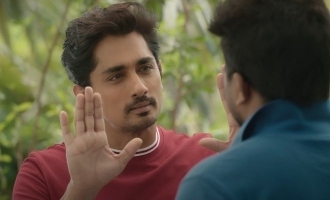
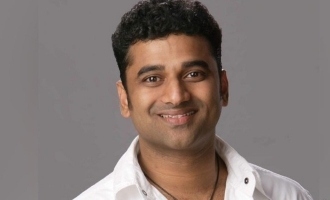
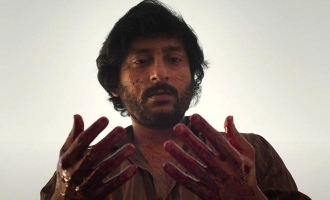
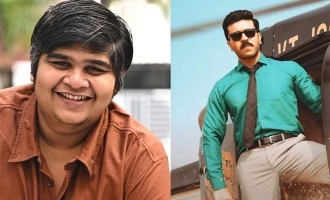
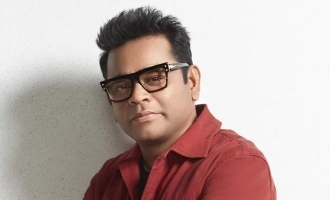
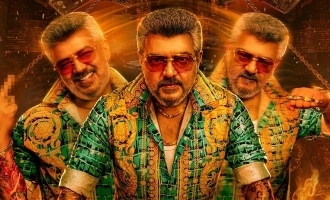
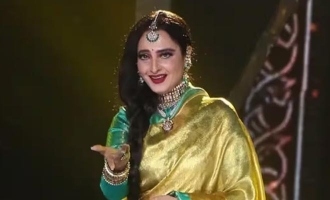
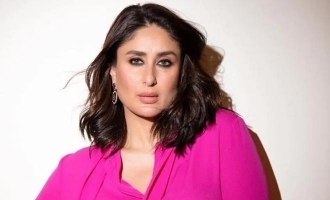
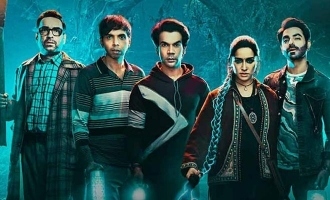
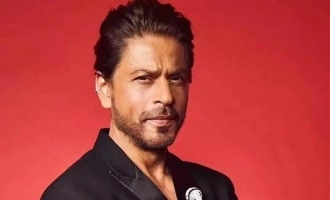
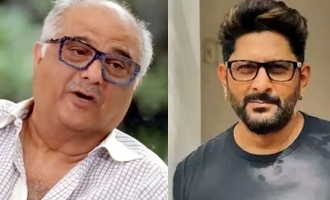
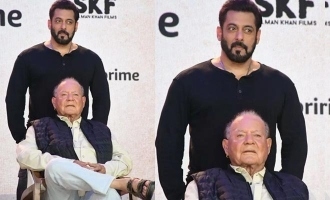
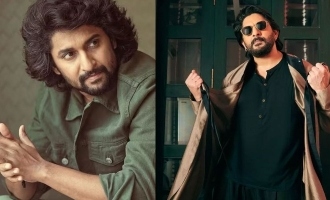
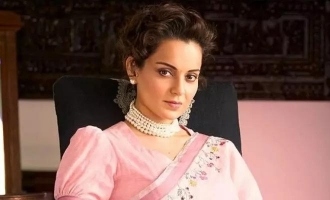
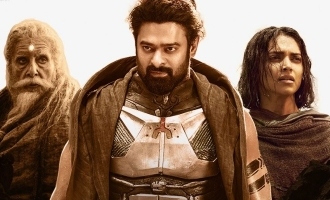
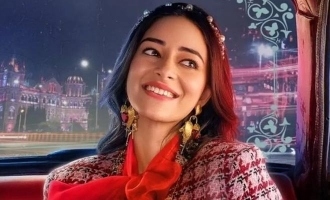
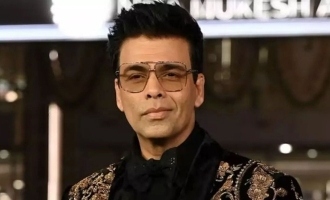

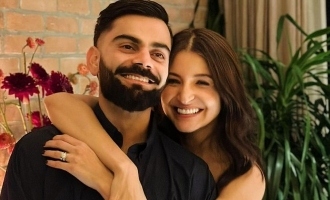
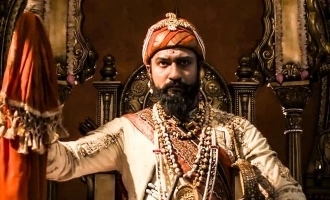
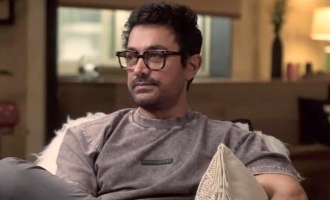
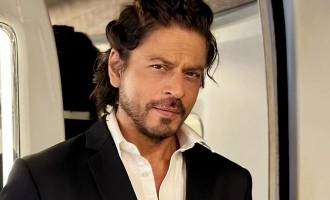
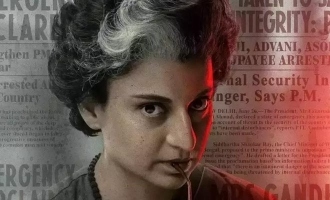
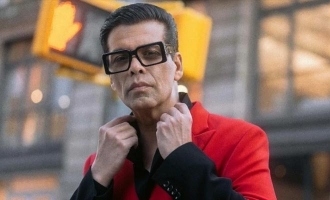
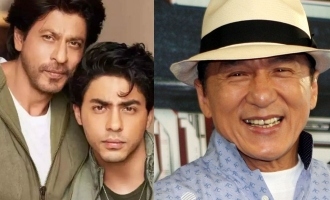
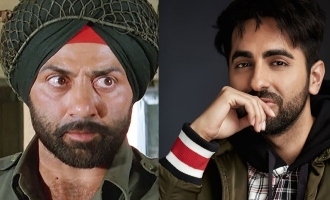
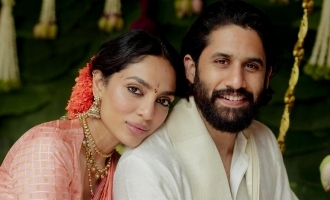


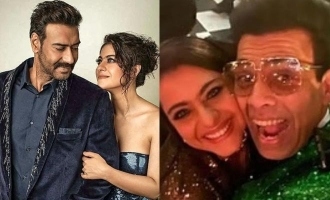

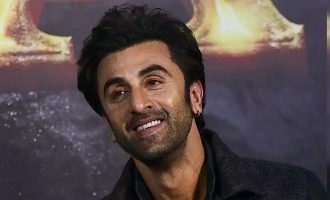
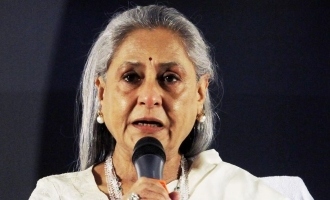
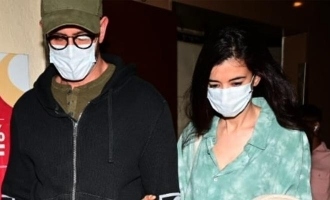
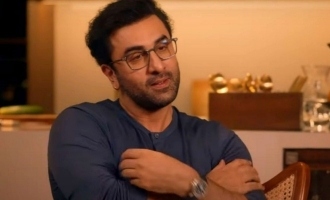

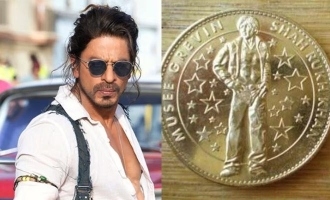
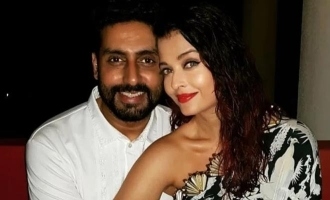

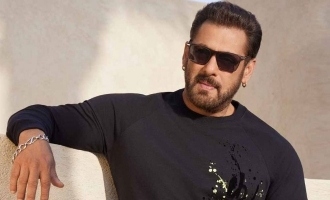

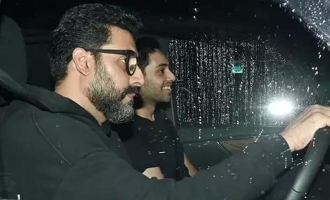
-a3e.jpg)
-3c4.jpg)
-e5c.jpg)
-e66.jpg)

-71b.jpg)
-5d5.jpg)
-adc.jpg)
-798.jpg)
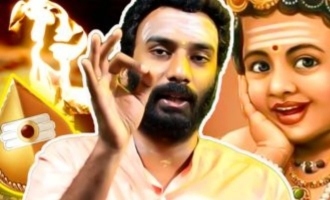
-7c2.jpg)
